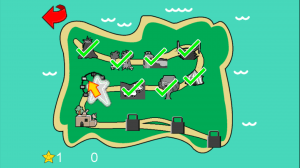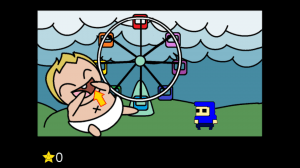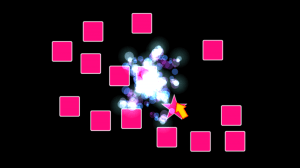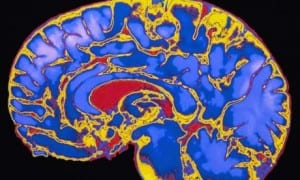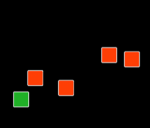This Friday 17th November we will be hosting Lincoln’s first Positively Parkinsons event in conjunction with Parkinsons UK and the Lincoln and District Parkinsons group. 
The event provides an opportunity to find out more about the condition and meet people with Parkinsons. It will include sessions in which you can find out about a day in the life of a Parkinsons nurse as well as a talk from former Lincoln psychology student Jade Pickering who is now carrying out research into Parkinsons disease as part of her PhD at the University of Manchesters BEAM research group.
The event takes place in the Sarah Swift building on the main University of Lincoln campus from 10-3pm. Members of the public, Lincoln staff and students are welcome to join us. To book your place or find out more contact Dave Swindells (dswindells@parkinsons.org.uk).
 with Research Catalyst scheme.
with Research Catalyst scheme. 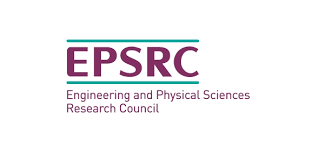 ngages non-academics in its research, but there will also be opportunities to get more hands on with PEARL including funding for public engagement events, a conference and awards so watch this space!
ngages non-academics in its research, but there will also be opportunities to get more hands on with PEARL including funding for public engagement events, a conference and awards so watch this space!